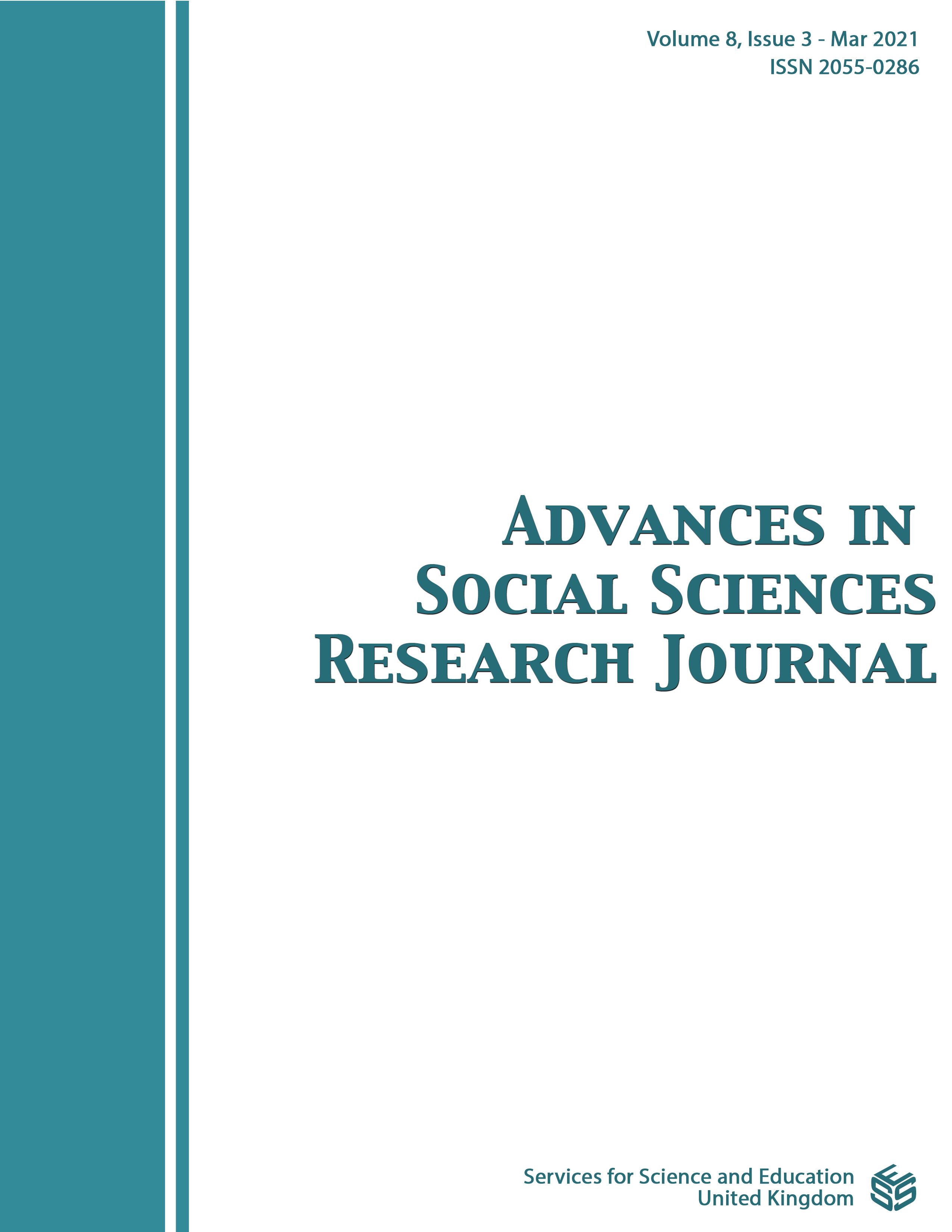Investigating the moderating Stance of Islamic work ethics and thriving at work among Authentic Leadership and Subjective Wellbeing
DOI:
https://doi.org/10.14738/assrj.84.9632Keywords:
subjective well-being, Islamic Work ethics, authentic leadership, thriving at workAbstract
In the face of the growing attention of leaders role at workplace, there is quiet a requirement for more research that emphasis on the impact of leaders role in employee’s well-being circumstances. Likewise, literature reflects leadership and follower’s wellbeing to be central when dealing with superior practices implementations. Compelling with this explanation, it is projected that the authentic leadership (AL) sensitivity may affect the followers’ subjective well-being (SWB) phenomenon. Islamic Work ethics (IWE) has been exposed to many revisions since 1970’s. The basic purpose relying behind this study is to investigate the wellbeing phenomenon though empirical investigation in organizational settings. AL gained more acceptances because of its upgrading importance at workplace or for followers. Current revision highlights the direct impact of AL towards the SWB, as well the moderating stance of Thriving at work and IWE has also been observed by considering their strengthens towards the employees wellbeing. Data has been collected from total of the 385 respondents from both the subordinates and supervisors working in banking and textile sector of Pakistan. Results revealed significant outcomes among proposed hypothesis. In addition this study has been concluded with practical implications as well the future investigation instructions for academicians and practitioners.
Downloads
Published
How to Cite
Issue
Section
License
Authors wishing to include figures, tables, or text passages that have already been published elsewhere are required to obtain permission from the copyright owner(s) for both the print and online format and to include evidence that such permission has been granted when submitting their papers. Any material received without such evidence will be assumed to originate from the authors.






